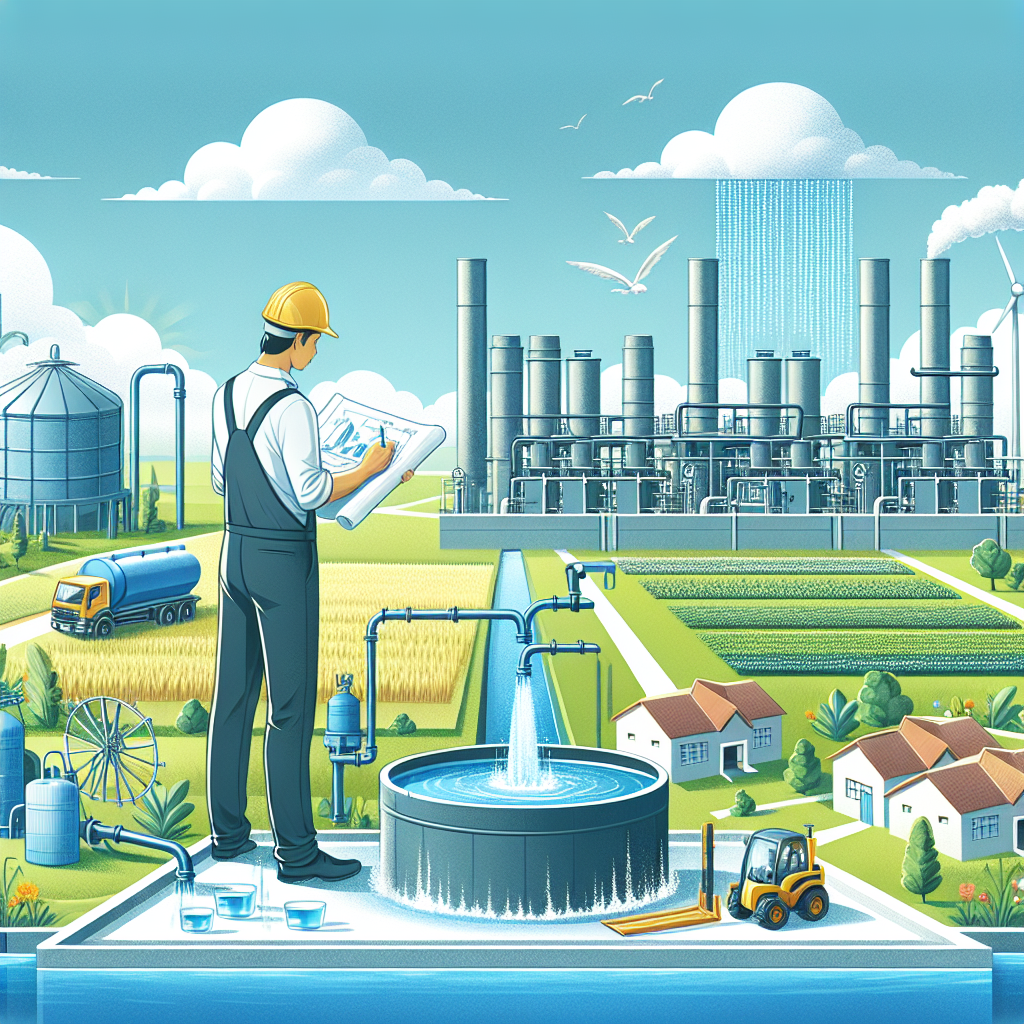The Department of Water and Sanitation (DWS) has reassured Gauteng residents that the upcoming maintenance closure of the Lesotho Highlands tunnel will not affect the water supply. Justice Maluleke, Head of Department in Gauteng, addressed concerns at the City Meets Business Engagement Session hosted by the City of Ekurhuleni.
Maintenance and Assurance
The tunnel closure, scheduled from October to March 2025, has raised public concerns about potential water shortages. However, Maluleke emphasized that comprehensive measures are in place to ensure uninterrupted water supply. "We are ready for the tunnel closure and the public must not panic. We have all the plans in place, and we will be communicating," he said.
Collaborative Efforts
Maluleke highlighted the collaboration between the DWS and various stakeholders, including the Trans-Caledon Tunnel Authority (TCTA), Rand Water, the City of Tshwane, the City of Ekurhuleni, and the City of Johannesburg. This cooperation aims to mitigate any impact on water supply during the maintenance period.
Preparedness for Challenges
While acknowledging potential challenges, Maluleke expressed confidence in their preparedness to handle any obstacles. "In a worst-case scenario of water supply shortage, the Integrated Vaal River System has 13 dams that supply water to the Vaal River system. However, since the closure will occur during the rainy season, we do not anticipate that to happen," Maluleke stated.
Reassurance for Businesses
Businesses were also reassured about the continuity of water supply. Maluleke advised them to build on-site storage facilities to ensure smooth operations.
Expert Analysis
Celiwe Ntuli, Scientist Manager from System Operation at the National Department of Water and Sanitation, supported Maluleke's statements. Ntuli confirmed that their analysis shows no risk of water shortage in the Integrated Vaal River System (IVRS). She explained that Phase 1 of the Lesotho Highlands transfers 700 million cubic meters of water per year into the IVRS, while Phase 2 will add 490 million cubic meters per year.
Maintenance Necessity
The maintenance is a requirement of the treaty signed between Lesotho and South Africa in 1996, mandating maintenance every five to ten years. The last maintenance was conducted in 2019, which highlighted the need for Phase 2.
In summary, the DWS has taken extensive measures to ensure that the Lesotho Highlands tunnel maintenance will not disrupt water supply in Gauteng. The collaborative efforts and strategic planning by all involved parties aim to maintain a stable water supply throughout the maintenance period.

